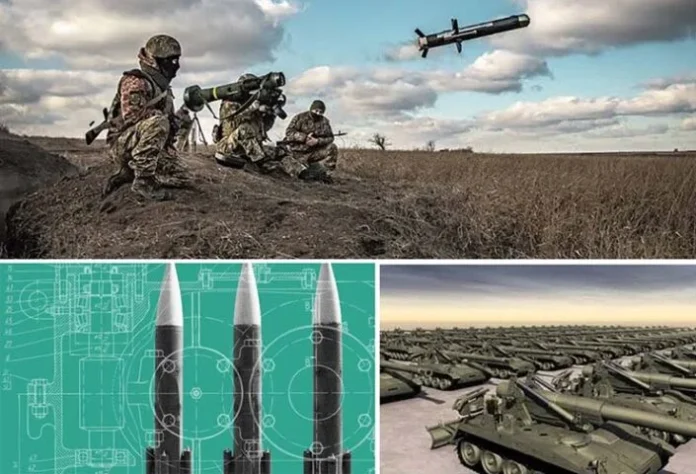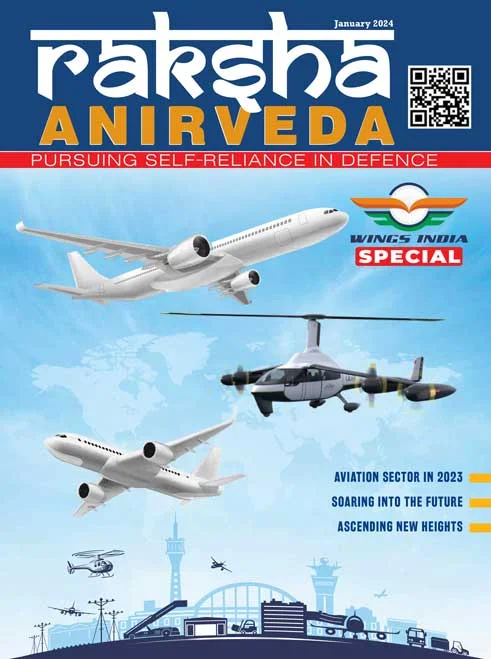The history of arms races spans across centuries and has occurred in various forms, from naval competitions to the development of advanced weaponry. A notable period was the naval arms race between Britain and Germany before World War I, when both nations sought to build larger and more powerful fleets. This competition aggravated tensions and was a contributing factor to the outbreak of the war.
A major arms race unfolded during the Cold War between the United States and the Soviet Union. This period was characterised by a massive build-up of nuclear weapons and advanced military technology, leading to heightened global tensions.
Even today, this race continues, often involving advancements in missile technology, cyber warfare capabilities, and other military domains. Throughout history, arms races have often been driven by political rivalries, territorial disputes, and the pursuit of military superiority, with implications for international relations and global stability.
Here it would be pertinent to point out the difference between words and actions. Most nations today pretend a desire for peace, but their actions differ and speak louder than words. Nations invest exorbitant resources in strengthening their military capabilities, preserve a cycle of escalation that serves to heighten tensions and sow seeds of discord rather than fostering genuine peace. This mad race for militarisation and muscle flexing for supremacy has become a defining feature of the modern era.
Throughout history, arms races have often been driven by political rivalries, territorial disputes, and the pursuit of military superiority
Arms race not only drains valuable resources that could be allocated to essential social goals such as fighting poverty, social and economic inequality and climate change but also fosters a climate of fear and mistrust among nations. Rather than fostering cooperation and understanding, it fuels suspicion and megalomania, laying the foundation for potential conflicts that could have catastrophic consequences for humanity.
In addition, the arms race triggers a cycle of violence and insecurity, perpetuating a narrative of power projection and coercion that undermines the very foundations of stability and mutual understanding. This insidious dynamic not only threatens the security and well being of nations but also undermines the prospects for meaningful cooperation and collaboration on a global scale.
To defy the harsh realities of the mindless arms race, it is imperative that we re-evaluate our priorities and embrace a new paradigm centred on dialogue, diplomacy, and the peaceful resolution of conflicts. True security does not emanate from the barrel of a gun but from a shared commitment to upholding peace, justice, and respect for human dignity.
The path to global peace may be rife with challenges and impediments; yet, it is not an unattainable dream but a collective responsibility that demands our unwavering dedication and resolve. It’s time to go beyond the narrow confines of militarism and embrace a vision of shared prosperity and cooperation, we can begin to dismantle the barriers to peace and forge a more secure and sustainable future for all humanity.
The arms race triggers a cycle of violence and insecurity, perpetuating a narrative of power projection and coercion undermining the very foundations of stability and mutual understanding
The quest for global peace may seem elusive, but it is a noble endeavour that calls upon us to transcend the confines of the mindless arms race and embrace a future defined by compassion, understanding, and solidarity. It’s a moral imperative that demands our unwavering dedication and resolve.
Let us rise above the destructive cycle of the arms race and embrace a future built on cooperation, understanding, and compassion. Only then can we truly achieve the lasting peace that has eluded us for so long. Let us rise to the challenge and work together towards a world where peace is not just a distant ideal but also a lived reality for all. Else it will be a distant dream to change from a Human Being to Being Human and may result in Mutual Assured Destruction or being MAD.
-The writer is a thinker, keen observer of domestic and global economic, geopolitical development trends and a change manager with more than two decades of corporate experience. The views expressed are of the writer and do not necessarily reflect the views of Raksha Anirveda









